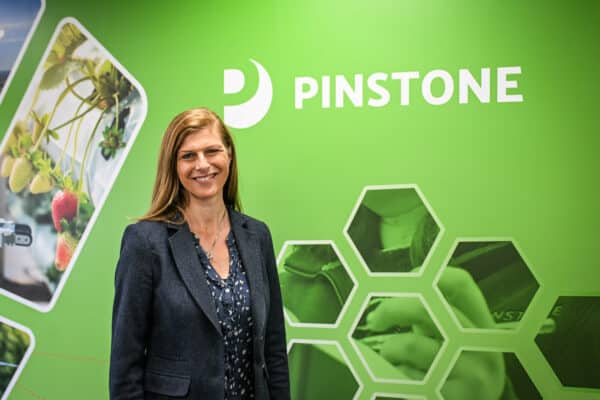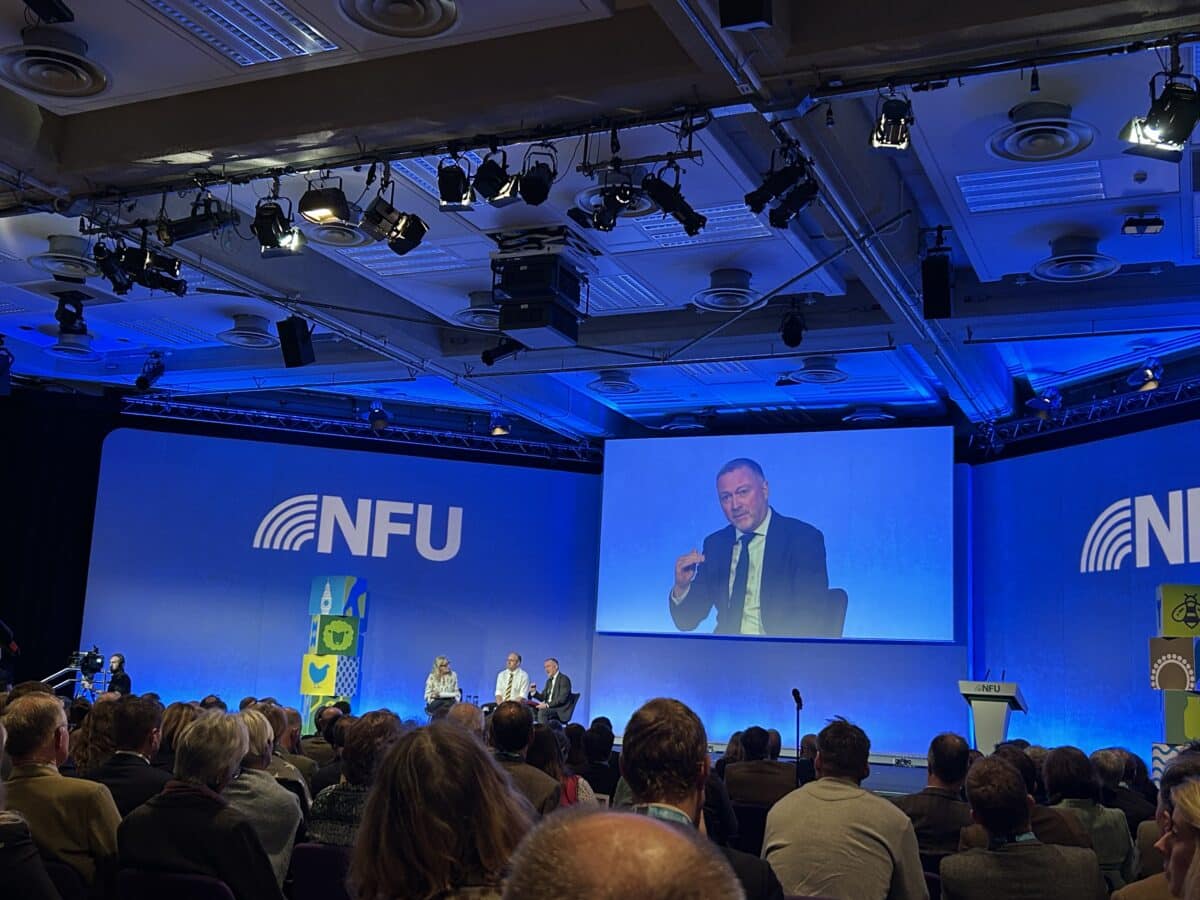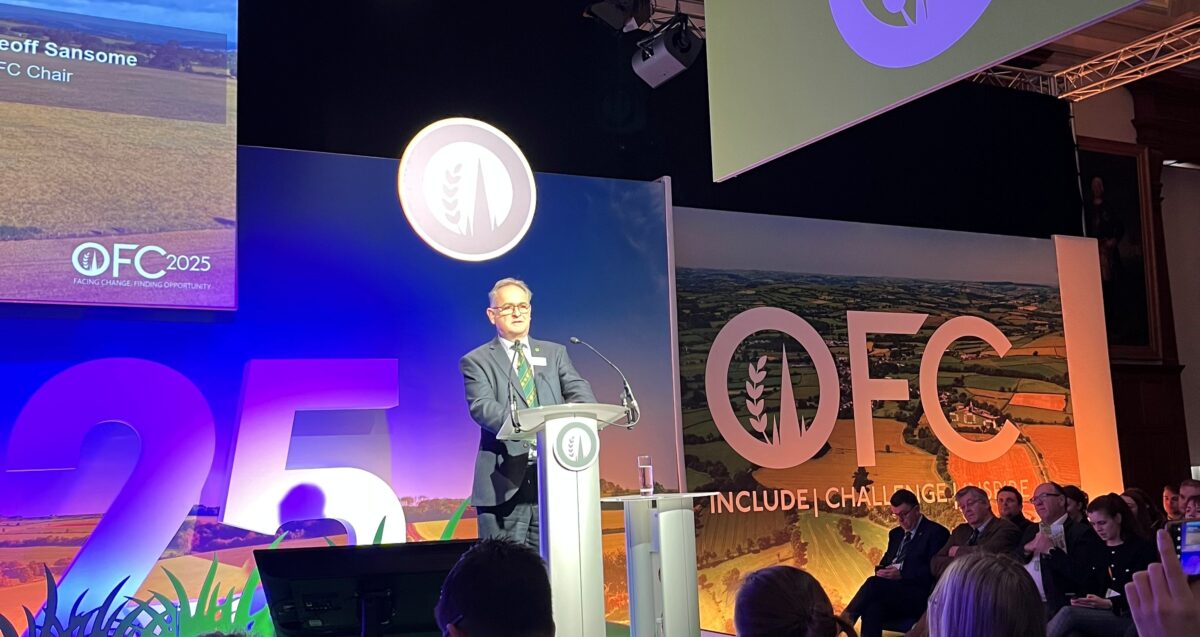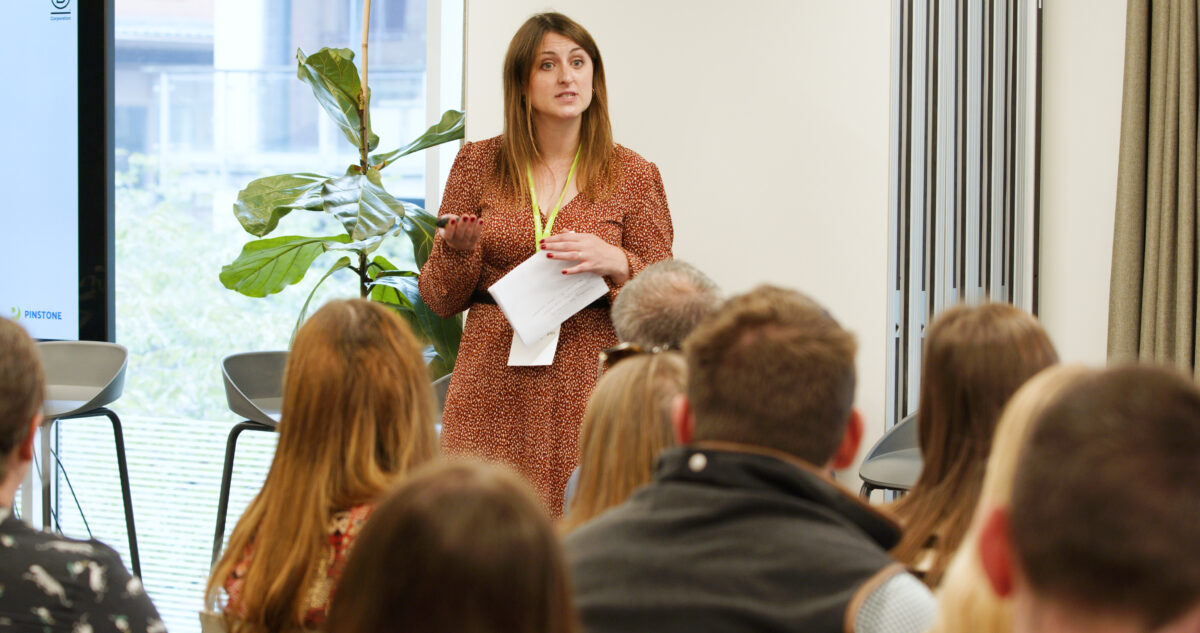Choosing to bring a PR (Public Relations) and communications agency on board is, for some, a no brainer. For others, it’s a leap into the unknown.
After nearly two decades of running an agency, here are my top 10 reasons why organisations, large and small, seek external PR and communications support. Understanding ‘what does a PR agency do?’ is crucial. These agencies specialise in managing public perception, crafting compelling narratives and enhancing brand visibility.
1. Professional PR & comms experience
Pinstone has honed its skills, knowledge and relationships to offer a specialist service that’s hard to replicate in-house.
PR is a professional discipline that can be underestimated or viewed through a partial lens that fails to recognise the breadth and the value of good PR.
Good PR draws on an evidence base and proof-points or RTBs (Reasons to Believe). These support authenticity and convey the honest case for the organisation’s direction, paired with strong strategic foundations.
Understanding your audience
PR taps into a brand’s mission ,vision and values. It involves crafting a strategy, campaign ideas and messaging that attract understanding and endorsement. This requires a deep understanding of the industry landscape and the different audiences. You need to know the demographic, values, outlook, lifestyle and where they source their information. Understanding what influences them and their motivations is crucial. It might sound like a lot of background work and analysis, but it will be the backbone of a successful PR outcome.
PR teams bring expertise at this level and across the whole ‘PESO’ spectrum of opportunities. These include media relations, copywriting, social media and extensive knowledge of digital platforms. These skills need strong planning, time management and the ability to juggle and switch quickly between workstreams. For the specialist agency, add a dose of industry insight. The wealth of comms expertise becomes apparent, as does the difficulty of sourcing it without using agency expertise.

2. Grow and maintain your reputation
PR looks after your organisation’s reputation, which is vital with so many voices out there. But, proactively positioning an external profile can easily be deprioritised or quickly lose momentum. An agency delivers dedicated focus, continually evolving campaigns and bringing new ideas.
It’s easy to fall for the mantra around using untapped in-house resources to handle PR and communications. But it’s a big job. Managing an organisation’s reputation is no mean feat and the risk is that individuals are set up to fail if they’re not equipped with the knowledge and skill-set or if they lack direction or clarity.
Alternatively, energies are purely directed to a single project, a flagship event or launch occasion. While these events can be exceptionally successful, they can lead to disappointment or potentially more of a negative reaction than expected. This can be a symptom of a failure to invest in seeding regular industry and media engagement. Generating an undercurrent of consistent presence and exposing positive stories – online, in print, in industry circles and on social – are vital to an organisation’s reputation.
3. Manage industry and media contacts and connections
It’s not all about who you know, but it helps. Whether it’s media or industry related contacts, a PR agency can typically extend an organisation’s reach with its ‘little black book’ and offer the benefit of long-established relationships.
Why? The communications business involves a lot of communicating, interacting with others and exploring the ‘who’s who’. An agency with a good reputation and rapport can often make a connection or unearth an opportunity that might otherwise seem unattainable. Sometimes, it’s because of a long-term relationship and shared experience, but not always. Door-opening opportunities can be more about an agency’s expertise in making an approach, broaching a topic and having the emotional intelligence that makes a connection and builds empathy and understanding. It’s powerful stuff and yields opportunity that can keep giving over years.

4. Bring out the best of your team
Facilitation is often overlooked as a benefit of outsourcing your PR. But, as with any consultancy approaching ‘from the outside, in’, having a PR consultant lead a session with your team can support all kinds of activities from brainstorming and sound-boarding ideas to media training or presentation skills.
There’s something extra that someone from outside can bring to lift individuals out of day-to-day work and open their minds to exploring new ideas or opportunities. Communicators are naturally adept at managing team facilitation and getting the best out of a group. Such sessions can be a fantastic way of promoting your own team’s CPD goals.
5. Provide a creative injection
PR agency teams are continually exposed to new ideas and ways of getting an audience’s attention. This is a key asset to tap into. Agencies thrive in team settings and love nothing more than coming together to deliver a big injection of pan-agency creativity.
This out-of-the-box thinking relies on a combination of PR formula, drawing on experience and a touch of raw creative talent. It’s powerful stuff.
For those willing to consider something different with a creatively led campaign concept, there can be great rewards and the opportunity to get your audience’s attention in a big way.

6. Use PESO for strategies and execution
Taking a strategic approach to your communications is a vital component of any PR campaign – but it’s nothing without doing the doing.
The team set-up of agencies offers organisations the flexibility to tap into differing skill sets and dial them up or down as a campaign demands. A great strategist is not always astute at the execution.
Agency teams offer both and more. The PESO model1 is an example of extending a strong strategy into a plan with the best mix of the tools and channels available. PESO stands for ‘Paid’. ‘Earned’, ‘Shared’ and ‘Owned’ and is a useful way of thinking about the channels available in the PR and marketing mix, with everything falling into one of the four categories. More on PESO in a future episode of this series.
7. Use tools to celebrate PR successes
Don’t overlook the tools agencies offer to monitor and showcase the results from a campaign. Understanding levels of success, as most people will agree, is increasingly important, but is not always easy to achieve.
Agencies typically capitalise on economies of scale to invest in monitoring, analytics or measurement platforms that are employed for all clients. These range from media monitoring to social reporting, website analytics or the less tangible anecdotal evidence. These all combine to offer a thorough campaign post-mortem and a view on the return on investment.
Too often, these additional reports and analytics are forgotten or left as an afterthought in a campaign. However, by prioritising these methods and tools, you can avoid repeating mistakes and quickly identify things that work well. Reporting holds an agency to account, which in itself drives positive behaviours and can also be invaluable to showcase to internal audiences, particularly those more sceptical of marketing related efforts.

8. Make the impossible, possible
PR activity often demands a seasonal focus or efforts for a project or important event. These workload peaks can be hard to manage in-house, but agencies can step in and make the impossible possible.
We’ve discussed why a continual PR presence can be beneficial, but ‘big deal’ opportunities in the calendar year also deserve a big push.
They can significantly boost an organisation’s exposure. It’s often a case of ‘all hands on deck’. Agencies can work with you, alongside a detailed plan they excel at producing, to ensure every base is covered.
Whether it’s preparing months ahead, working with speakers, refining presentations, giving pre-interview pep-talks, sorting event logistics or chaperoning media and VIPs, an agency that acts as an extension of your team can leave a positive impression that reflects well on you.
9. Extend your team
As any HR professional will tell you, an employee costs an organisation far more than the headline salary. Compare that to a PR agency set-up that brings a breadth of talent without the overhead.
Agencies are usually structured according to a time-based model. What you pay correlates to the number of hours delivered by any one individual. Those with more experience or offering specialist knowledge will typically command a higher hourly rate. A team member early in their PR career will make up for their reduced years of experience with enthusiasm, tenacity and an ability to churn out work like no tomorrow.
The upshot is that the different attributes from a team are tapped into when needed and scaled back when not. This dial-up, dial-down opportunity is hard to replicate in-house and can make agencies a cost-effective solution.

10. Provide a fresh perspective
Agency teams see and experience more of the world of communication and often of the industries in which they operate than those working in-house. That outside perspective can bring a different dimension and way of approaching a problem that offers a refreshing new perspective.
An agency can help an organisation stay informed on what’s going on in an industry and media environment and serve as a useful sounding board. Offering the opportunity to see beyond the four walls of a business or organisation is often a key asset for those who can otherwise struggle to see the woods for the trees.
‘Why use an integrated PR agency’ is part of the Pinstone Power Listicles series, authored by agency founder and managing director Catherine Linch. Catherine hosts the ‘Agri-food Comms Cast’ podcast and heads-up Pinstone, a leading integrated PR agency that specialises in the food and farming supply chain and rural sector.
1The PESO model was developed by Gini Dietrich, lead blogger at the PR and marketing blog Spin Sucks.






















